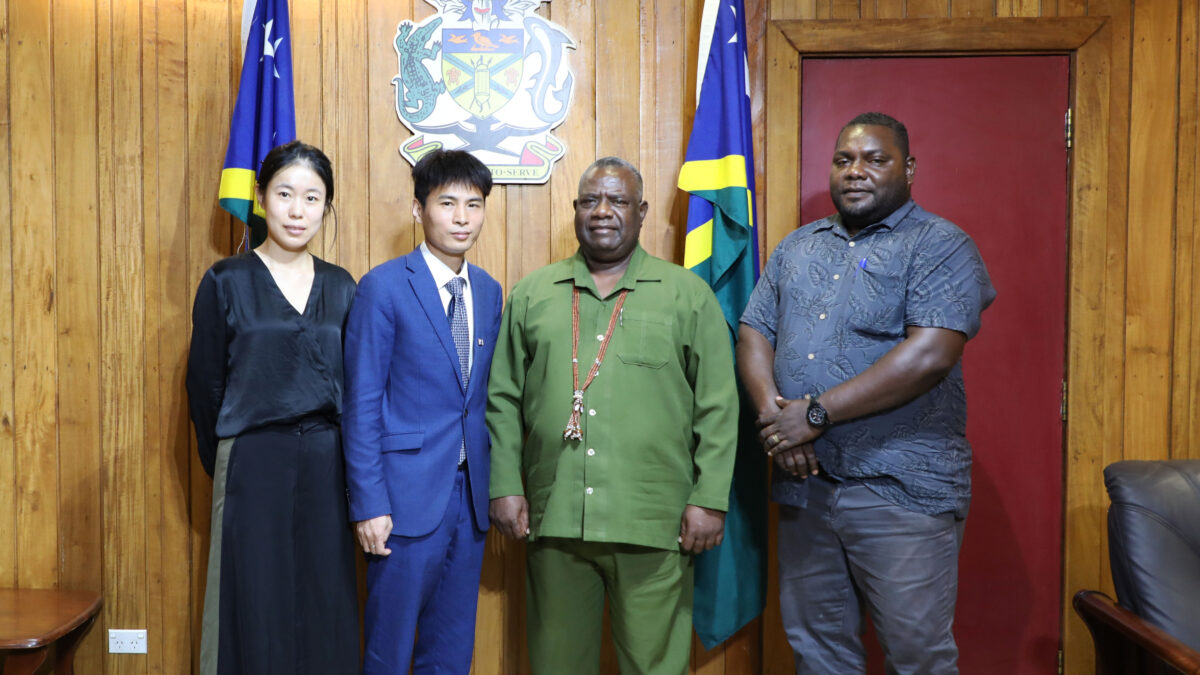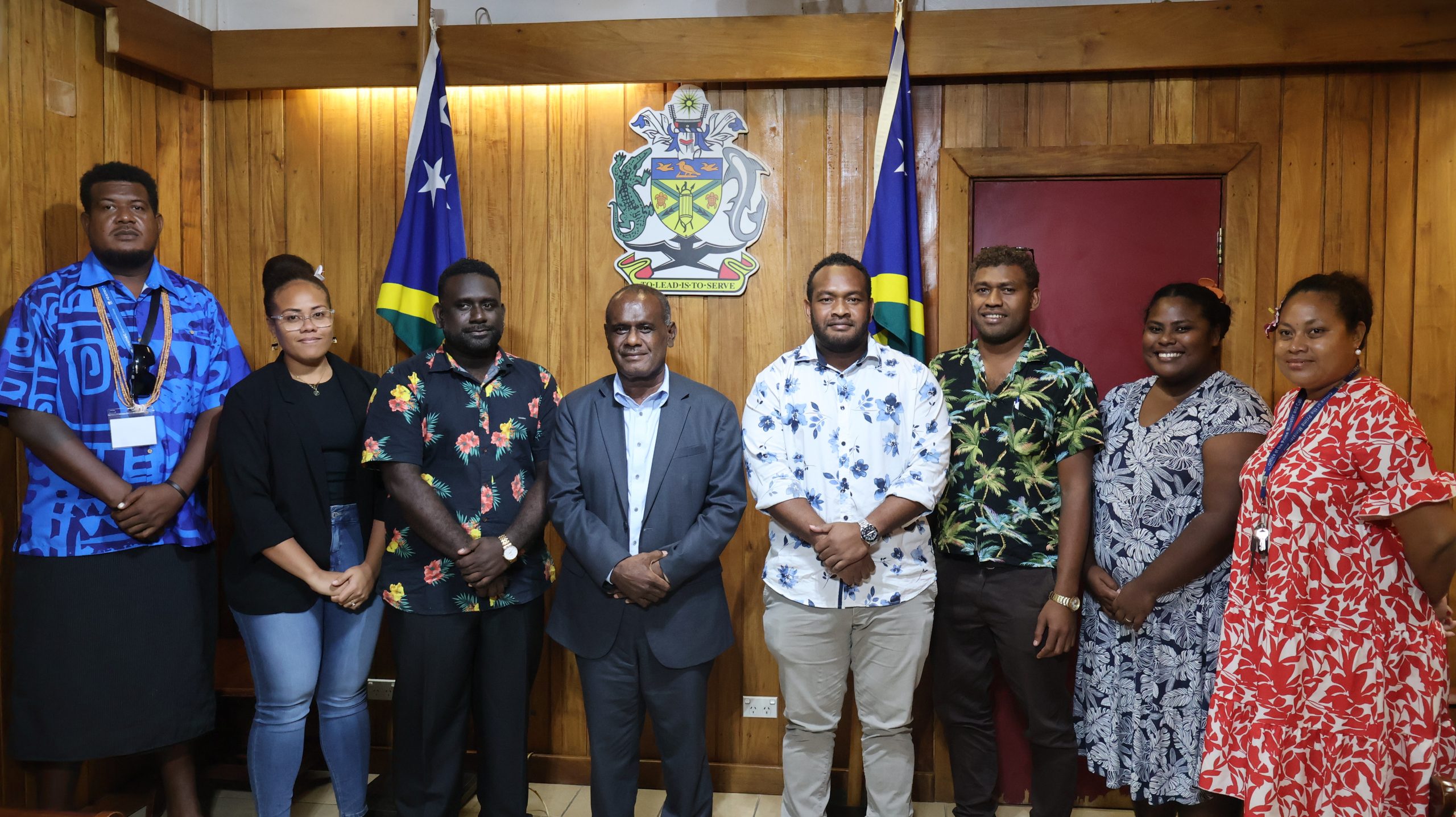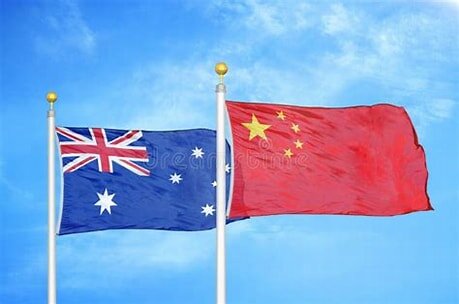THE Ministry of Foreign Affairs and External Trade in close partnership with the Solomon Islands Customs and Excise Division conducted a Pacific Agreement on Closer Economic Relations (PACER) plus Rules of Origin Workshop for stakeholders last week.
Participants of the workshop included government agencies officials and private sector stakeholder.
In her opening remarks, the Deputy Director of External Trade in the Ministry of Foreign Affairs and External Trade, Jenny Barile welcomed all the participants, stating that though it is the private Sector who Trades, it is the Government who plays an important role in setting necessary policies to facilitate and oversee Trade. She stressed that the PACER Plus Agreement represents a significant opportunity for Solomon Islands to be more active players in and benefit from regional and international trade.
Ms Barile said since its entry into force on 13 December 2020, Australia and New Zealand has reduced their tariff to zero percent on products imported from PACER Plus countries, including Solomon Islands thereby providing greater market access into Australia and New Zealand for our products.
However, these products must meet the PACER Plus Rules of origin requirements. Rules of Origin are the criteria’s that must be met to determine the origin of a product and qualify for preferential treatment. It is important that local processors, exporters, customs officers, and customs brokers are well-versed with the PACER Plus Rules of Origin criteria.
Ms. Barile said the Rules of Origin Chapter of the Agreement makes it easier for parties, including Solomon Islands to claim these preferential or zero tariff by setting out the conditions on which goods will be treated as originating.
The objectives of the workshop are multifaceted and crucial for the successful implementation of the Agreement.
The training covered the foundational concepts of the Rules of Origin, understanding the specific origin criteria under PACER Plus and delved into the processes involved in origin certification.
It is designed to ensure that each participant leaves with a more comprehensive understanding of these rules and the ability to apply this knowledge in their daily operations.
Ms Barile said by doing so, it will not only strengthen our compliance but also enhance our capacity to competitively trade externally.
“It is our hope that this will lead to an increase in our exports to Australia and New Zealand, thereby advancing our economy,” She added.
—MFAET PRESS RELEASE













